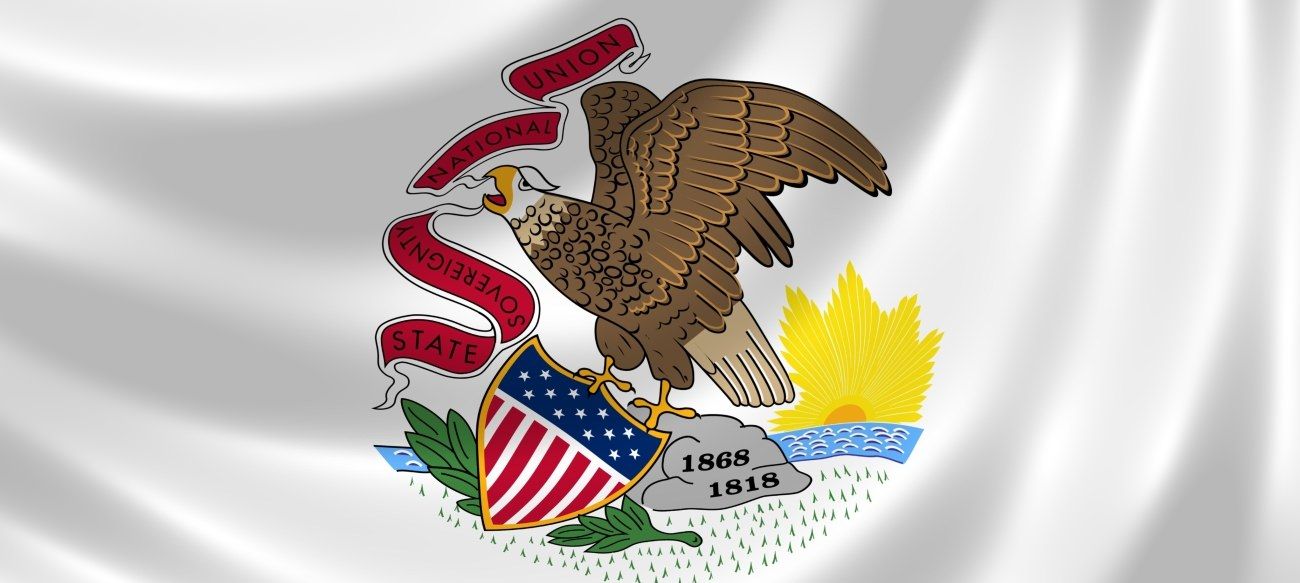As CEO of Bryant Park Capital, a New York-based investment bank that provides services to both the cannabis and traditional investment banking markets, Joel Magerman sees cannabis companies showing increased business discipline. And this, he said, is good news for all parties involved.
Bryant Park also has a merchant banking affiliate, Emerald Park Capital, that invests in the cannabis space, has a committed fund and is actively seeking new investments. Current cannabis investments include financing of:
- Flower One, a publicly traded company that operates 480,000 square feet of greenhouse and processing facilities in Nevada.
- California-based Leef Holdings, which operates a vertically integrated CBD business and the Canna Park campus facility for multiple license holders in Northern California.
The company also has an investment in the letter-of-intent stage with an unidentified multistate operator.
What initially attracted you and Bryant Park to cannabis investing? How did it all get started?
We were attracted by the size and rapid growth of the market opportunity and the fact that there were three distinct vertical opportunities:
- THC-related opportunities that compete well with the alcohol world.
- Hemp/CBD related opportunities for wellness, anti-inflammatory (and) sleep-related issues—essentially a nutraceuticals-type opportunity.
- The pharmaceutical opportunities similar to (GW Pharmaceuticals’ FDA-approved drug) Epidiolex, many of which have yet to be discovered.
What qualities do you look for in a cannabis business?
The company’s story, value proposition and management. We are looking for a company’s past proof of concept, which needs capital to grow, and (businesses) that have the ability to be meaningful players in their verticals if they continue to execute.
Conversely, what are some aspects of a company that would make it less attractive?
The lack of sophistication and rapid growth have led many companies to get too far over their skis. They don’t realize they need to build a foundation to be successful. Having a great product doesn’t mean you will have a great company. You don’t want to be the wet blanket to a potentially great company, but sometimes we need to bring a level of business discipline for the betterment of all parties; it’s no fun being the heavy.
What are some of the lessons you have learned since you started investing in the space?
There is no substitute for good management. Good products and good ideas don’t always overcome bad management.
Which sectors are you and Bryant Park most attracted to currently?
Our fund has three areas we are focused on, all tied to providing growth capital to great companies that provide our investors with excellent risk-adjusted returns:
- Senior secured debt for asset-heavy companies that realize debt is less dilutive and less expensive than equity.
- Brands: This is a consumer-product industry, and great brands will be successful.
- Other opportunities that support great management teams with great strategies that aren’t 1 or 2.
How has the industry recently changed?
The contraction in valuations and new rigor being applied by investors have caused the management and owners of cannabis companies to be more open to a disciplined business approach. That has been good for all parties.
Are you making any cannabis investments outside North America?
Not at the moment. We think there are plenty of opportunities in North America alone.





